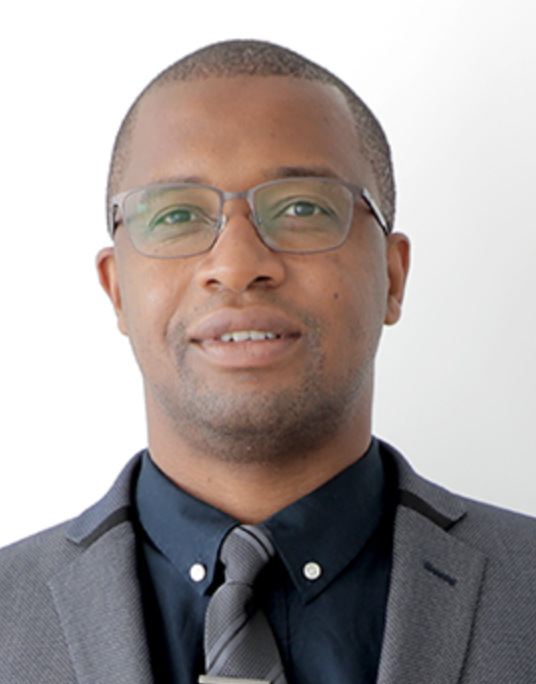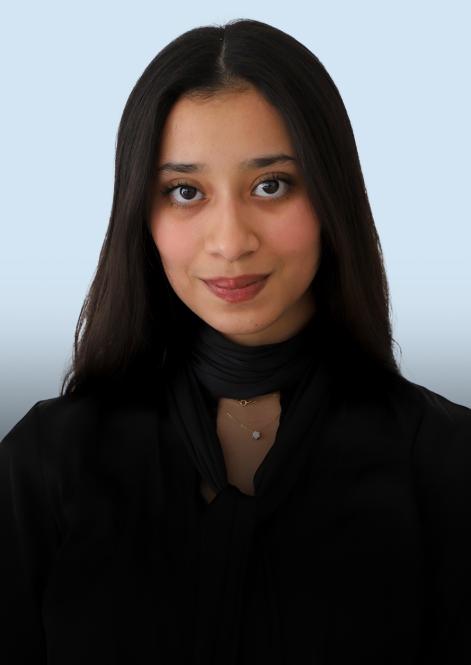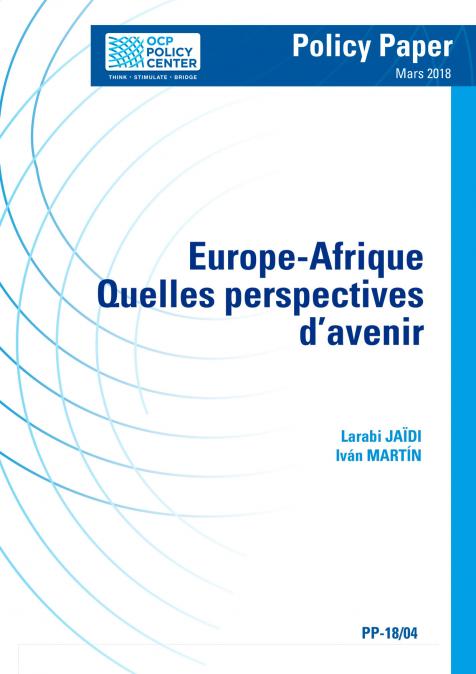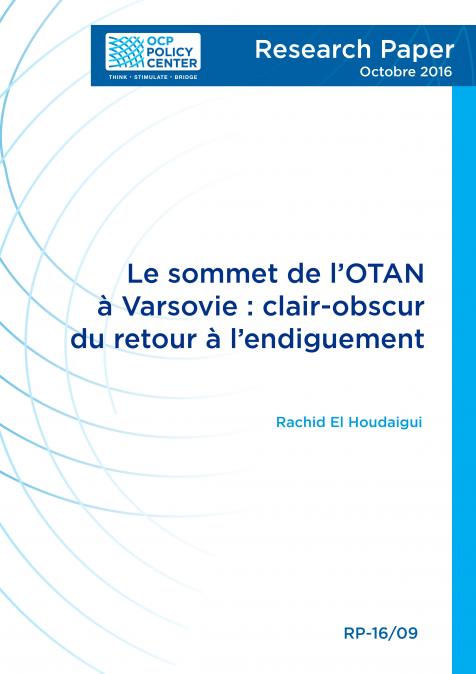The UN’s funding crisis, fueled by unpaid contributions and expanding mandates, is worsening as U.S. disengagement strains peacekeeping and development efforts, particularly in Africa. This shift also strengthens rivals like China and Russia and raises deeper questions about the legitimacy of the post-WWII multilateral order.
Speakers

Mohammed Loulichki
Senior Fellow
Mohammed Loulichki is a Senior Fellow at the Policy Center for the New South and an Affiliate Professor at Mohammed VI Polytechnic University. He brings over 40 years of comprehensive experience in diplomacy, conflict resolution, and human rights. He has served in various roles including as a member and Deputy Head of the Moroccan delegation to the 3rd Conference on the Law of the Sea (1982-1990), Head of the Department of Legal Affairs and Treaties at the Ministry of Foreign Affairs (1988-1991), and General Director for Multilateral Affairs in the same ministry (2003-2006).
He also acted as Morocco's Ambassador to Hungary, Bosnia-Herzegovina, and Croatia (1995-1999), and was the Moroccan Government's Ambassador Coordinator with MINURSO (1999-2001). Furthermore, he se ...

Norman Sempijja
Associate Professor, Mohammed VI Polytechnic University
Norman Sempijja is an Associate Professor at Mohammed VI Polytechnic University, where his teaching specialisation is in international relations theory, contemporary issues in international relations, political philosophy and the African state.
His research focuses on international security especially peacekeeping and peacebuilding in Africa. He also has research interests in inter-organisational cooperation in peacekeeping and peacebuilding with specific focus on the European Union, the United Nations and the African Union. He has published widely in journals like African Security, the Journal of Contemporary African Studies, Stability, Conflict Security and Development, Revista CIDOB d’Afers Internacionals, Africa Review and Politkon. He has published an edited book entitle ...








